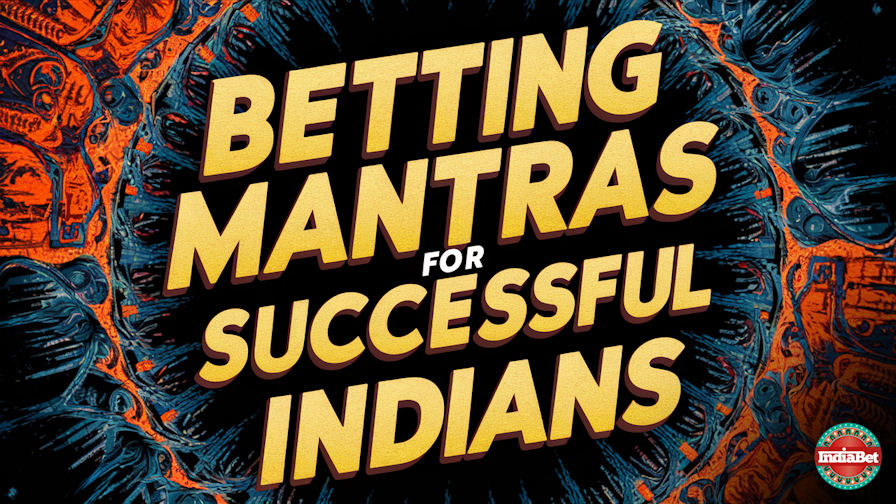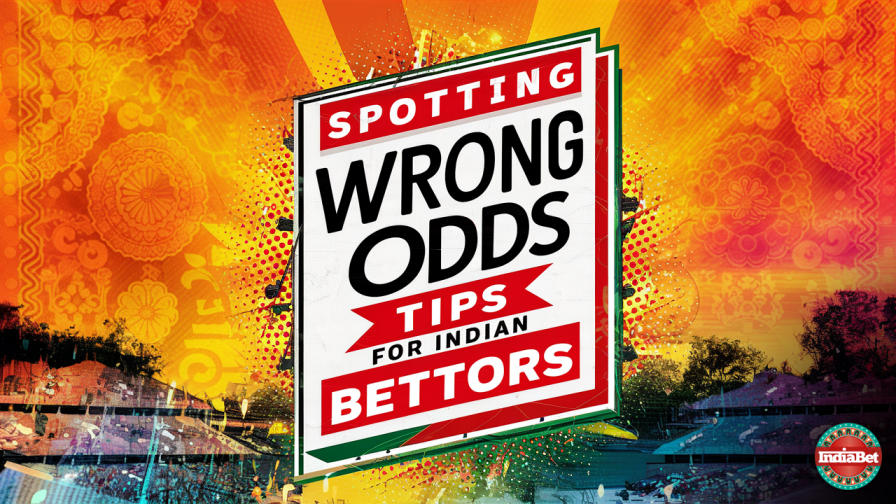
Luck plays an important role in various cultures, shaping decisions, beliefs, and behaviours. In India, the notion of luck is deeply intertwined with the country's historical, traditional, and spiritual fabric. Indians' distinctive view on luck involves superstitions, omens, and lucky charms, affecting many aspects of life, such as sports and online betting. This article explores the Indian perspective on luck and its influence on betting practices.
Superstitions
In India, daily life is filled with superstitions, from not cutting nails at night to viewing the appearance of a single Brahminy kite as a good omen.
Certain numbers are seen as lucky or unlucky due to cultural and religious beliefs. Unlike in Western cultures, where the number 13 is considered unlucky, it does not have the same connotation in India. However, the number 8 is often considered unlucky because it is associated with the deity Shani (Saturn), who is linked to challenges.
In betting, these beliefs play a role. A person may avoid betting on the 8th day of the month or follow a specific ritual before betting. Though these practices don't directly affect the outcome, they can influence the bettor's confidence and decisions.
Belief in Omens
Omens are considered indicators that can foretell the results of future events. This concept is widely accepted in India, where people commonly interpret both positive and negative omens before making important choices.
In betting, Indian participants may look for specific signs before placing their bets. For example, seeing a shooting star could be seen as a positive sign, prompting someone to proceed with their bet. On the other hand, encountering a black cat crossing one's path might be viewed as a negative omen, leading them to rethink their betting decision.
Lucky Charms and Rituals
Lucky charms and rituals are widespread in India, where many individuals rely on specific objects or actions they believe will attract good fortune. The "Nazar Battu" is often used to ward off the evil eye, a common protective measure. Similarly, the 'Swastika' is a symbol considered auspicious and lucky within Hinduism, Buddhism, and Jainism, deeply rooted in their traditions and history.
In the context of betting, individuals might use a lucky charm or engage in a particular ritual before or during the act of placing a bet. These practices can offer a psychological advantage and a feeling of comfort.
Luck and Skill in Online Betting
Despite the many beliefs surrounding luck, it's crucial to remember that successful betting relies more on analysis and skill than luck. While a lucky charm or ritual may provide emotional comfort, understanding the game, studying the odds, and making informed decisions are ultimately the key components of successful betting.
The charm of online betting lies in its unpredictability and the thrill of potential wins. So whether you're relying on a lucky charm, avoiding an inauspicious day, or carefully analysing odds and player performance, remember to enjoy the process and bet responsibly.
In conclusion, the perception of luck in India is a vibrant blend of beliefs and practices that often finds its way into various activities, including betting. As online betting in India continues to expand, it will be fascinating to observe how these traditional beliefs intertwine with this modern pastime, adding another layer to the diverse tapestry of Indian culture.
Luck in Indian culture: superstitions, omens, lucky charms etc play a role in online betting, but skill and analysis are key to success.






 90%84%
90%84%



